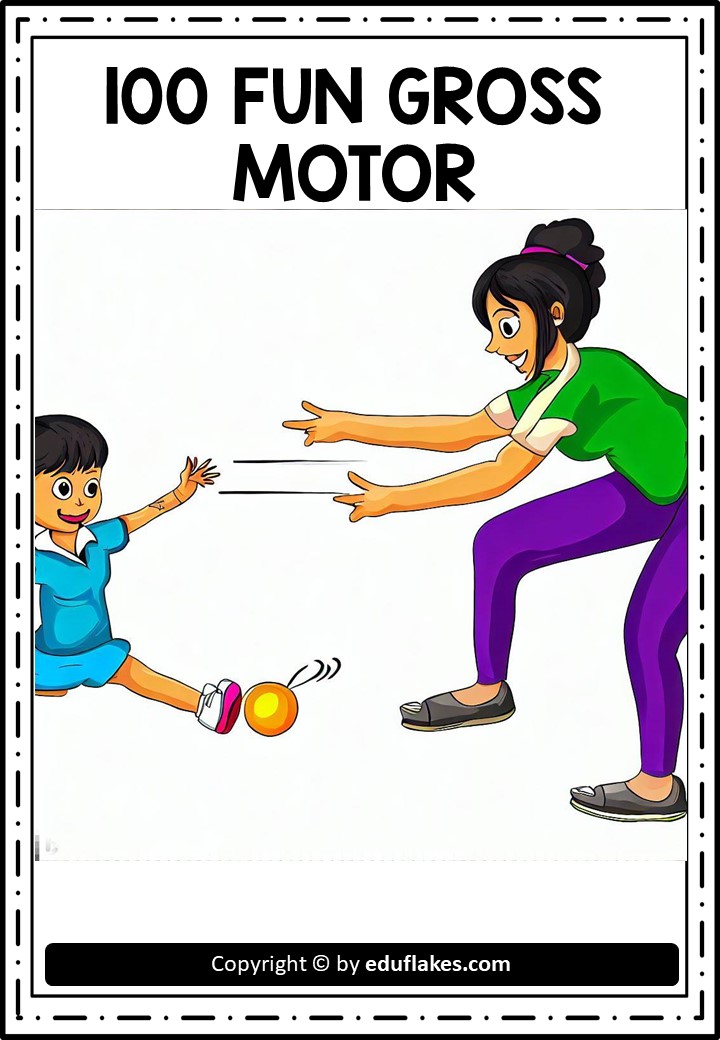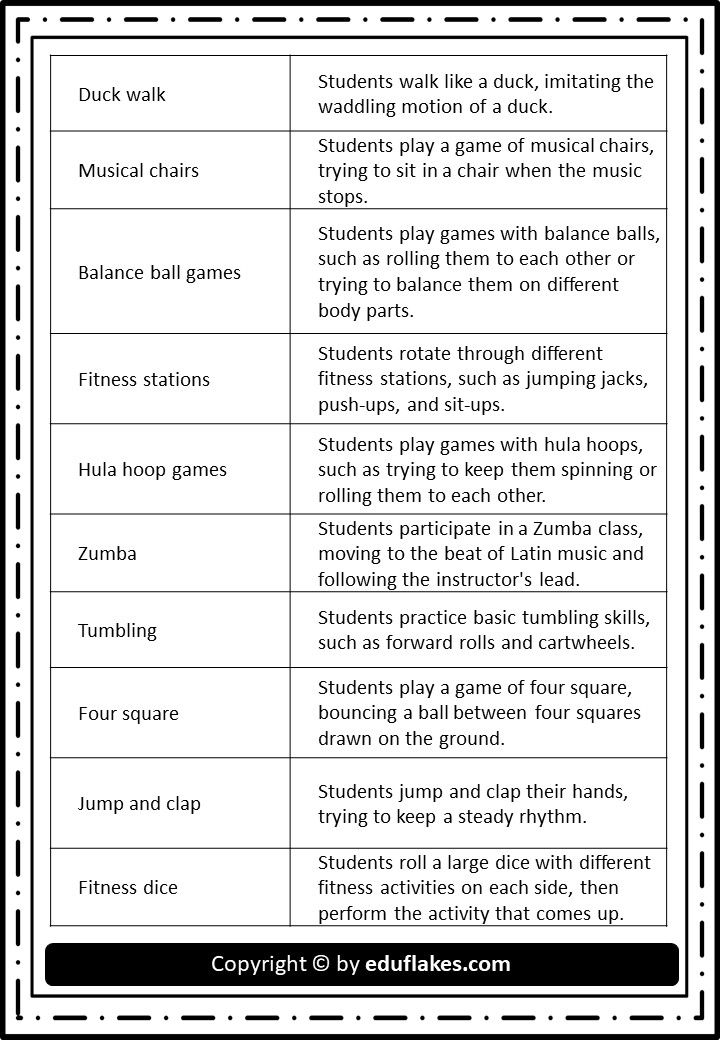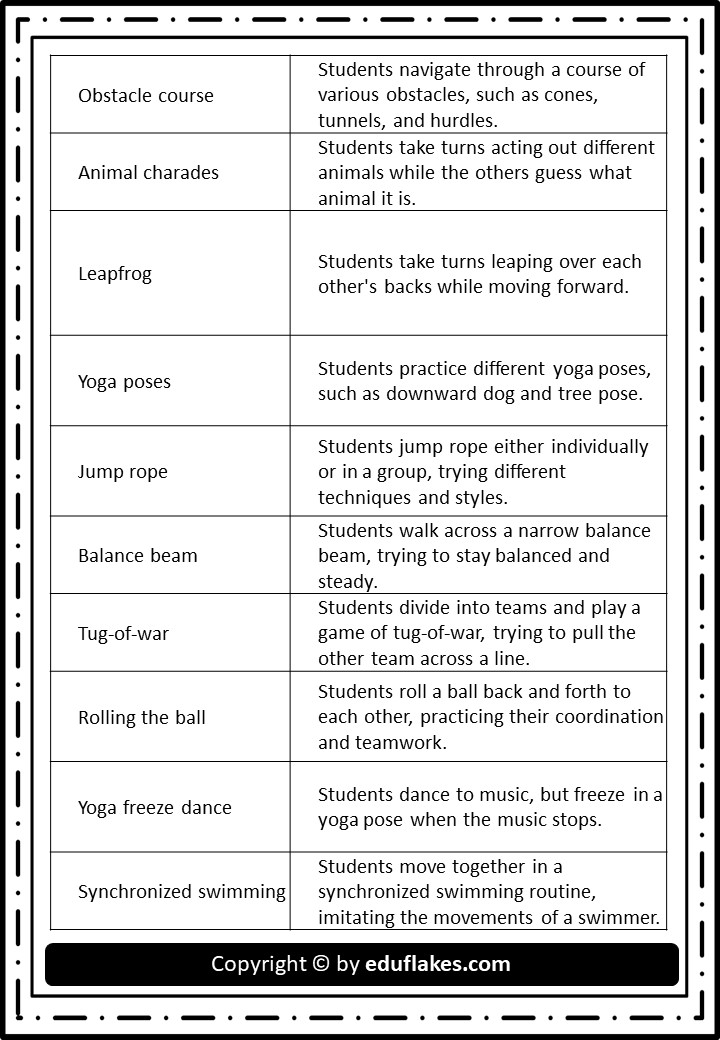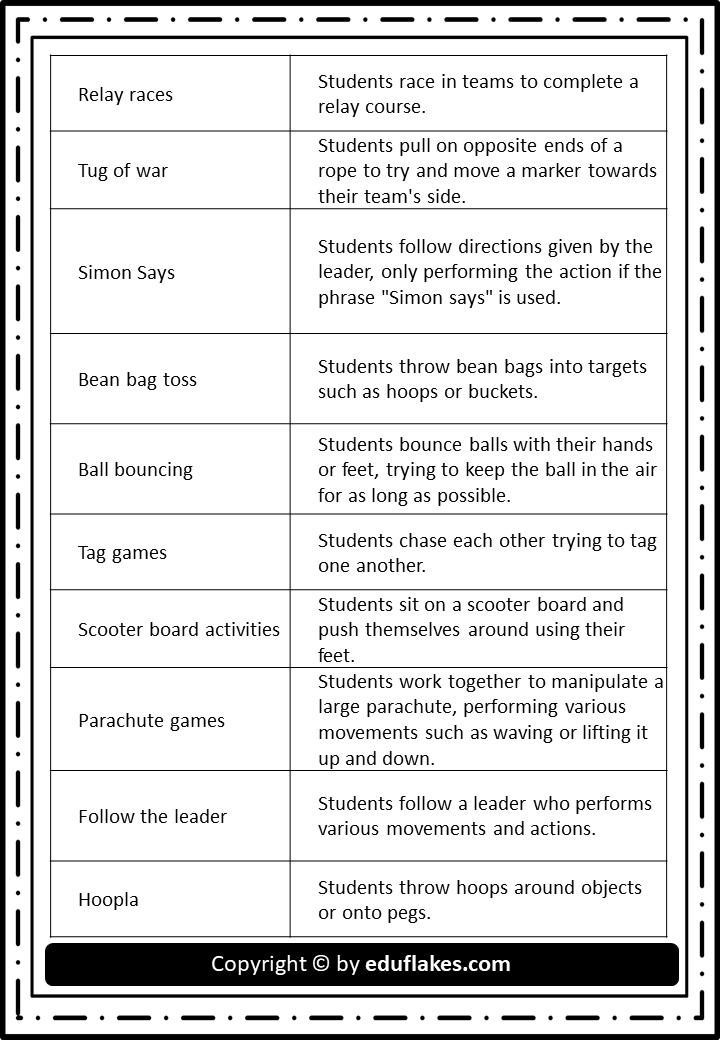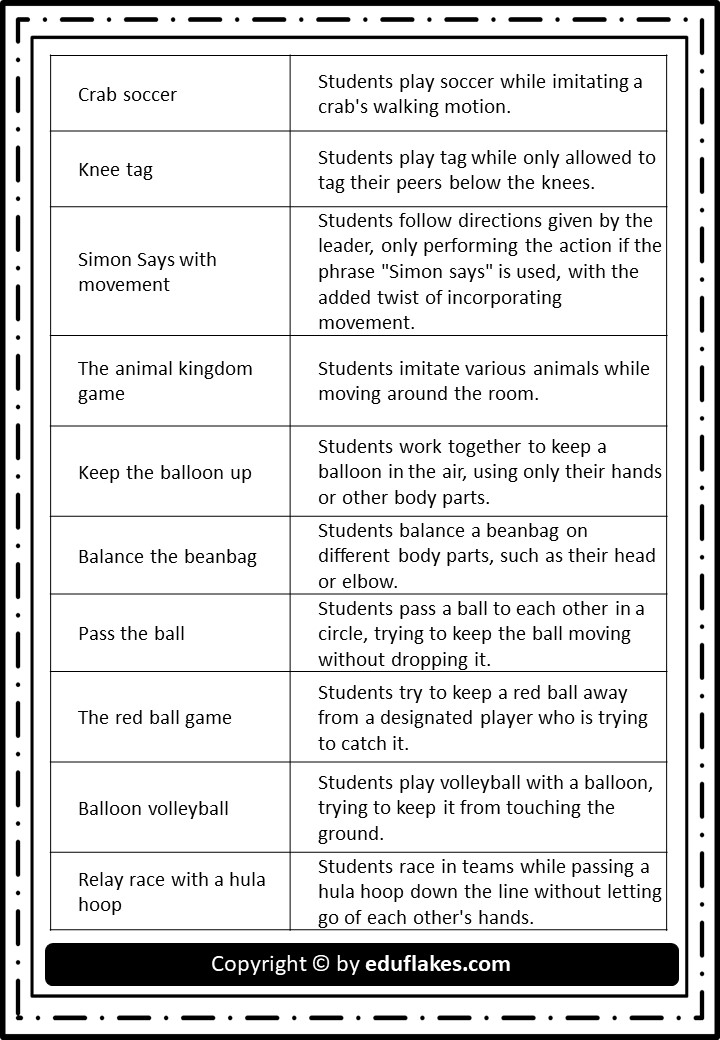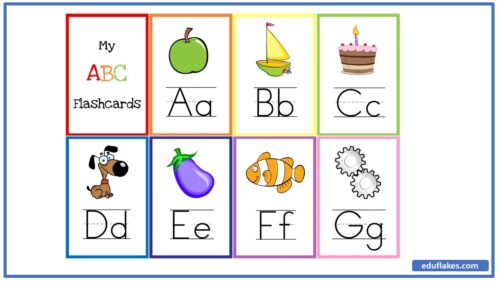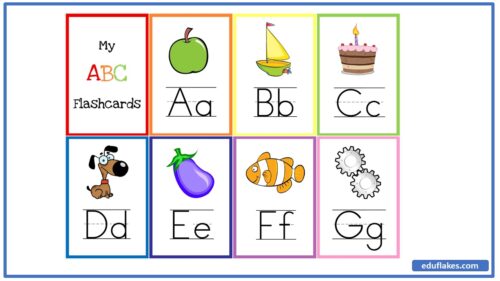Kindergarten gross motor activities are essential for a child’s physical, cognitive, and social development. Gross motor skills are those that involve the large muscles in the body, such as those in the legs, arms, and trunk. These skills are important for a child’s overall physical development and are the foundation for fine motor skills, which involve the smaller muscles of the hands and fingers.
There are several reasons why kindergarten gross motor activities are important:
- Physical Development: Kindergarten gross motor activities are crucial for a child’s physical development. These activities help children develop strength, endurance, and coordination. For example, activities that involve jumping, running, and climbing help children develop their leg muscles, while activities that involve throwing, catching, and kicking help them develop their arm and hand muscles. By engaging in these activities regularly, children can develop their overall physical fitness, which can help them stay healthy and active as they grow older.
- Cognitive Development: Kindergarten gross motor activities also have a positive impact on a child’s cognitive development. Research has shown that children who engage in regular physical activity have better cognitive function, including improved attention, memory, and problem-solving skills. For example, activities that involve following directions, counting, or identifying shapes can help children develop their cognitive skills while also engaging their bodies.
- Social Development: Kindergarten gross motor activities also provide an opportunity for children to interact with their peers, which is essential for their social development. These activities help children learn how to share, take turns, and work together to achieve a common goal. They also provide opportunities for children to develop their communication and leadership skills, which are important for building positive relationships with others.
- Emotional Development: Kindergarten gross motor activities can also have a positive impact on a child’s emotional development. Engaging in physical activity releases endorphins, which can help children feel more positive and energetic. It can also help them manage stress and anxiety. For children who struggle with attention or behavior issues, physical activity can be a positive outlet for their energy and can help them develop self-control and emotional regulation skills.
- Academic Achievement: Finally, kindergarten gross motor activities can also have a positive impact on a child’s academic achievement. Studies have shown that children who engage in regular physical activity have better academic outcomes, including higher grades and test scores. This may be because physical activity helps children stay focused and engaged in the classroom, improves their ability to learn and retain information, and enhances their overall academic performance.
